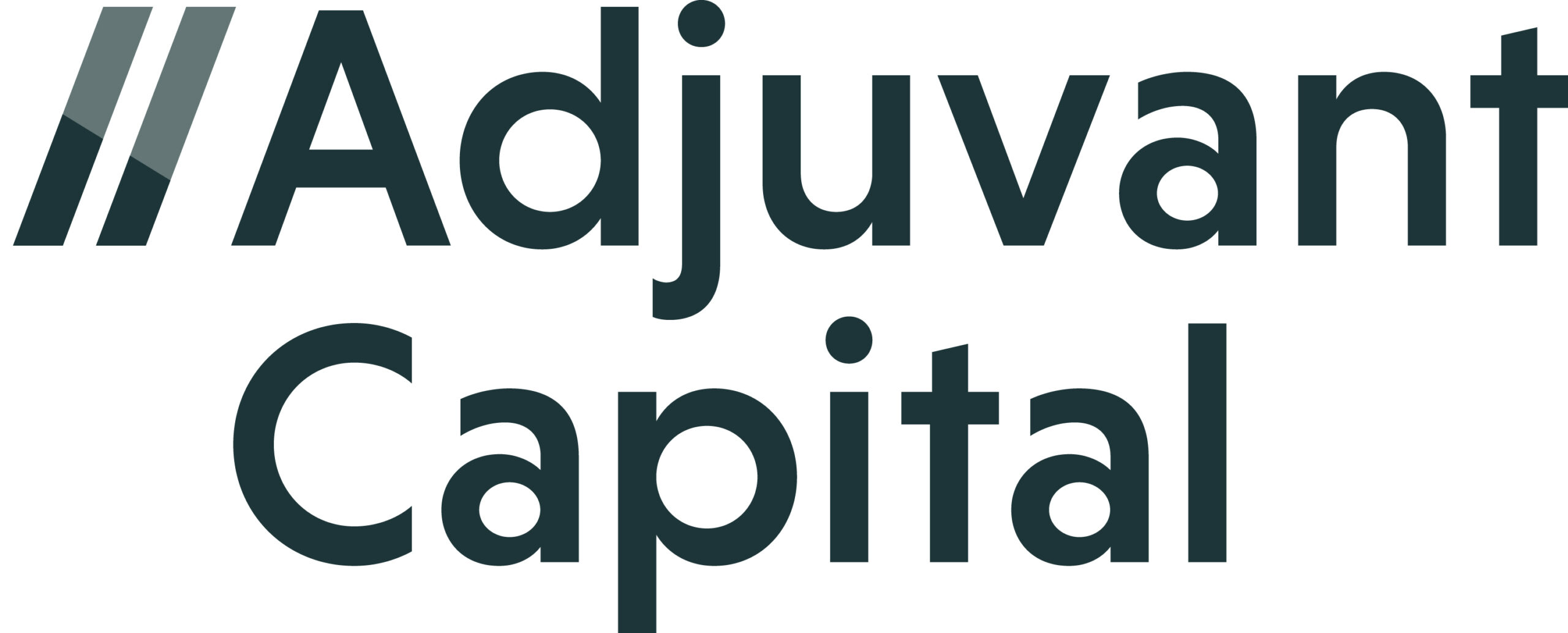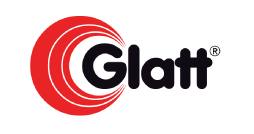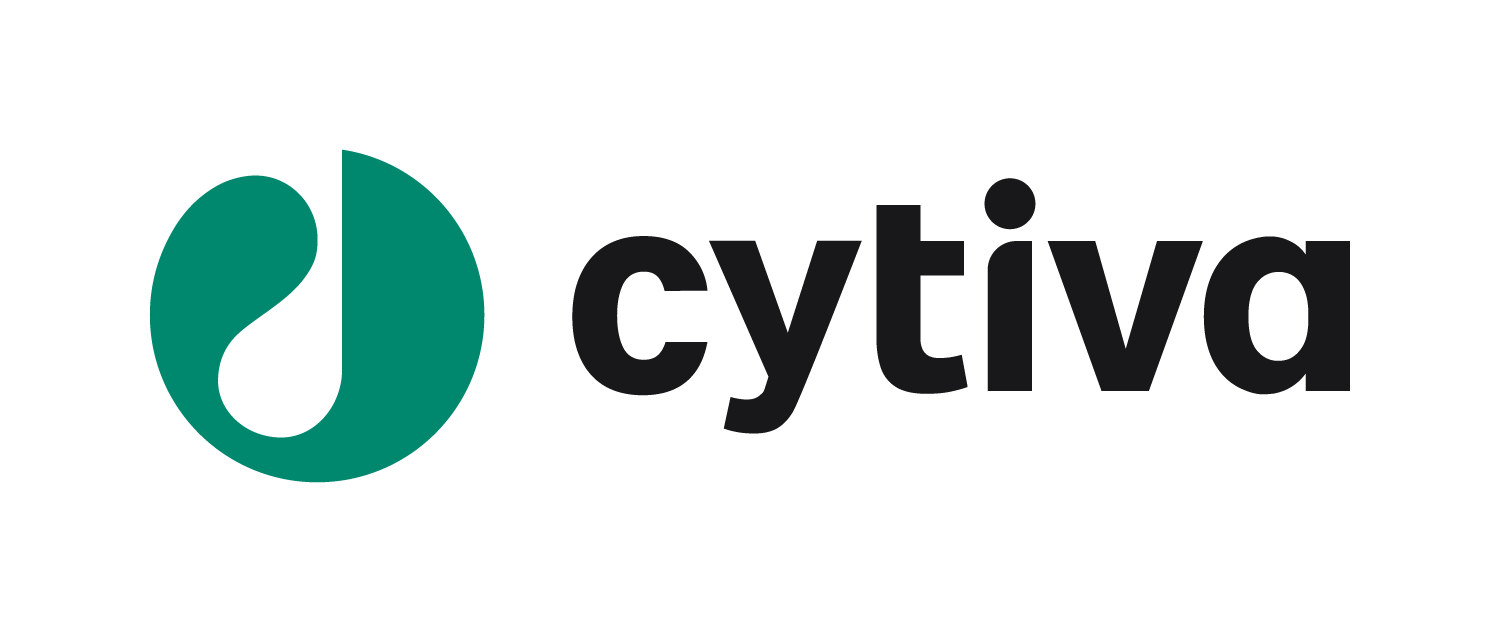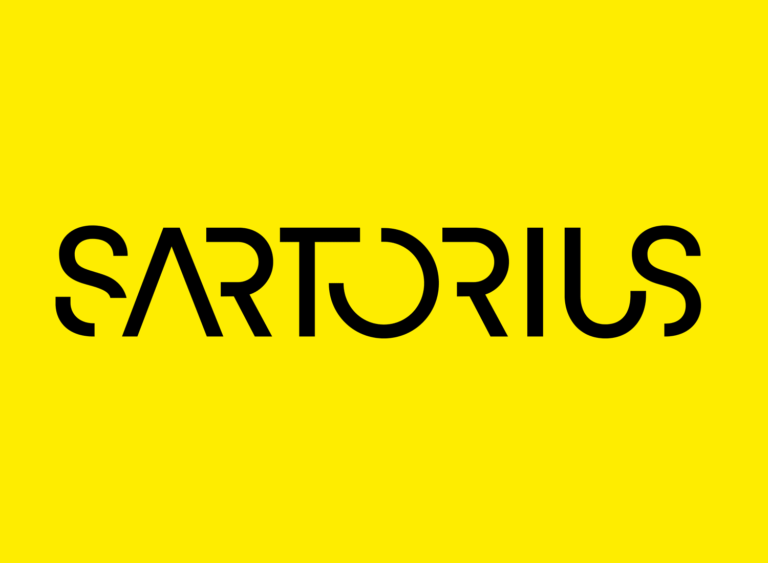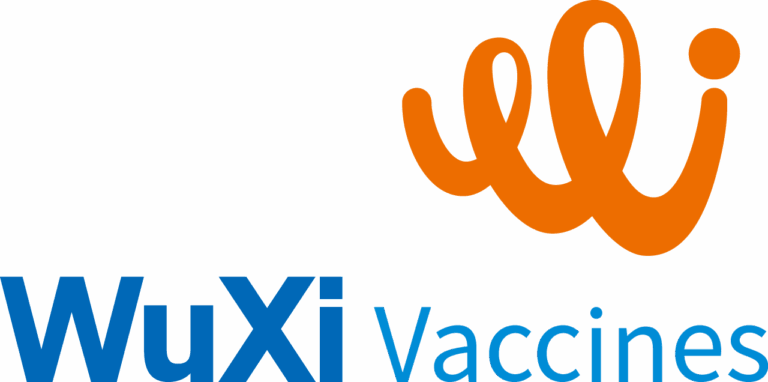Background
Challenges faced by manufacturers in their attempts to register vaccines in countries across the world is well known and recognized by all immunization stakeholders. An important part of WHO Essential Medicines Department activities, through their regulatory unit, is to help authorities worldwide to improve their regulatory capacity to increase their efficiency for the regulation of medicines including vaccines. Efforts are made to help authorities increase efficiency and maximize the use of resources, while maintaining the quality of the work.
Alignment of requirements, streamlined procedures and reliance on work done by mature regulatory authorities and by WHO prequalification are strongly advocated as reliable mechanisms leading to increased efficiency in regulatory oversight. However, integration of these concepts and adoption of such recommendations by country regulatory agencies takes time and is not always successful.
Vaccine manufactures view the challenges from the customers’ perspective, which may be different from WHO’s perspective. While WHO retrieves information of the regulatory requirements and procedures mostly through the assessments that they perform, manufacturers have “real life experience” through the requirements imposed, the questions received, and the timeframe taken by NRAs to process submissions. On this basis, the regulatory experts working group members believe that there is scope to contribute to the efforts made by WHO and others to strengthen regulatory capacity by increasing stakeholders’ awareness of the challenges, and by making proposals that could lead to improvements.
The work needed is not limited to fostering improvement of implementation of regulatory procedures and requirements in the target countries, but also and most importantly by participating and providing inputs for the development and/or update of international requirements for production, control, GMP, GCP, GDP and other so that these remain within a reasonable level of stringency and applicable in practice. Working closely with regulatory networks and other decision makers in this field remains an important aspect where manufacturers’ involvement is crucial.
In the context of the COVID-19 pandemic, there are opportunities for the group to foster implementation of alignment and reliance mechanisms that may become acceptable for COVID vaccines both for Emergency Use Approvals and further registration in countries, which if successfully implemented, could be perpetuated in the future for other vaccines.
This RWG sees a role for itself also in supporting the development of facilitated regulatory mechanisms required for the management of post-approval changes in the context of COVID vaccines, this being an important challenge. Any new mechanisms that may be established may pave the way for future use for routine vaccines.
Objective
The objective of the regulatory experts working group is to share best practices in regulatory science and regulatory affairs. The group seeks to collaborate for the identification of regulatory challenges at both the pre-marketing and post-marketing stages in the vaccine life cycle, and to explore potential opportunities for increased efficiency of regulatory processes worldwide. The proposals from the group are shared widely with partners and vaccine stakeholders who can influence regulators in implementing some of the proposed changes for improvement.
Focus
The focus of the group has been at the beginning to identify challenges and opportunities for improvement of the vaccine registration procedures and processes (pre-registration stage) in countries; and recently to identify challenges and opportunities for improvement of post-approval changes (PACs) management all along the vaccine lifecycle. It has developed a position paper, and three papers that have been published in Vaccine, a peer reviewed Journal. The focus of the group is also to identify needs for strengthening regulatory capacity in member companies and to support their development.
Authority
Group participants from DCVMN members act on a voluntary basis and need to declare any conflicts of interest they may have regarding any work undertaken. The DCVMN Executive Board will have the authority of determining the usefulness of any work undertaken and approving its dissemination.
Composition
The group is composed of Regulatory Affairs and/QA staff from ten DCVMN member companies. The group is led by a Chair and a Co-chair. (REVISED)
In addition, the unusual characteristic of this group is that it collaborates very closely with IFPMA, and representatives from five IFPMA member companies participate routinely, although informally, in the group. Inclusion of IFPMA member companies in the meetings and activities has been a decision taken by the working group members to join forces and to elaborate proposals that are the result of a consensus among a broad group of vaccine manufacturers. It was anticipated that collaboration and joint proposals would result in increased attention by WHO and other important stakeholders; and such has been the case so far.
Criteria for participation in the expert group:
Companies represented in the group are mostly companies with prequalified vaccines that supply them internationally. Expertise of participating companies and their representatives in worldwide distribution of vaccines is important because these are the companies that understand the regulatory challenges that are faced.
Operations
A specific annual work plan will be agreed upon, including the specific topics to be covered with timelines and deliverables. Group meetings will take place quarterly, largely through remote communication (telephone calls, WebEx, and email), but also face-to-face meetings during which the Chair or co-Chair and at least half the participants are attending. Any group meeting (telephone, email or face-to-face) will have a specific set of points for discussion and a required minimum quorum (Chair or co-Chair plus half the participants), ensuring decisions are taken in a collegial manner. Discussions will aim for consensus but also note any specific regional or company set-up differences that may exist and these should be respected. Additional webinars can be convened at any time, to discuss specific issues of interest or concern of manufacturers.
Duties and responsibilities
Each participant will act in the capacity of the corporate member and best contribute to the specific annual agenda. This will include reviewing specific topics being addressed and, if relevant, adding specific analysis of the country situation in which the company is located. Participants will be expected to discuss topics with their company colleagues and managers to enhance the analyses undertaken and the impact of decisions and actions taken. Participants whose situation changes and can no longer serve on the group will inform DCVMN to allow another participant to be identified.
30th April 2021
List of participants (as of 2nd May 2025)
*Representatives from IFPMA member companies
| Name Surname | Company | Country |
|---|---|---|
| K. Gaurav – Chair | Panacea Biotech | India |
| M. Mahajan – Co-Chair | Zydus Life Sciences | India |
| A. Almutairi | Arabio | Saudi Arabia |
| S. Gundabathula | Biological E | India |
| M. Cruz | Bio-Manguinhhos | Brazil |
| W. Cong | CNBG | China |
| P. Das | Biological E | India |
| S. Chakraborty | Zydus Life | India |
| Ch. Roy | Bharat Biotech | India |
| C. Gomes | Instituto Butantan | Brazil |
| S. Ghadge | Serum Institute of India | India |
| J. Kwon | GC Biopharma | South Korea |
| S. Goel | Serum Institute of India | India |
| T. Wang | Sinovac | China |
| W. Chen | Innovax | China |
| A. Ly | Institut Pasteur de Dakar | Senegal |
| A. Diatta | Institut Pasteur de Dakar | Senegal |
| A. Pema | Biovac | South Africa |
| M. Singleton | Aspen | South Africa |
| E. Matos | Bio-Manguinhos/Fiocruz | Brazil |
| E. Alonso | Bio-Manguinhos/Fiocruz | Brazil |
| S. Krishna | Indian Immunologicals | India |
| R. Mulia | PT BioFarma | Indonesia |
| S. Comellas | Sinergium Biotech | Argentina |
| L. Le Palaire* | Sanofi Pasteur | France |
| A. Mallia-Milanes* | GSK | Belgium |
| M. McGoldrick* | Merck Sharp & Dohme | USA |
| J. Dias* | Pfizer | Belgium |
| S. Laghnimi* | IFPMA | — |
| A. Basso* | Sanofi Pasteur | France |
| L. Martin – Consultant | USP | USA |
IFPMA representatives are regularly y invited to the Working Group discussions, and a close scientific collaboration has been established b between the two groups and the representatives are also co-authors in the WG publications, according to contributions, as appropriate.
- November 28th, 2025
- October 16th, 2025
- August 25-27, 2025
- July 23rd, 2025
- June 24th, 2025
- May 15th, 2025
- April 15th, 2025
- April 7th, 2025
- February 24th, 2025
- December 13th, 2024
- November 21st, 2024
- October 22nd, 2024
- September 23rd, 2024
- August 20th, 2024
- July 17th, 2024
- June 20th, 2024
- June 14th, 2024
- May 16th, 2024
- April 15th, 2024
- March 8, 2024
- February 15-16, 2024
- November 24-25, 2023
- October 19th, 2023
- August 17th, 2023
- June 15th, 2023
- April 13, 2023
- October 13, 2022
- September 26-27, 2022
- July 22, 2022
- March 24, 2022
- January 11, 2022
- October 15, 2021
- June 18, 2021
- March 22nd, 2021
- December 17, 2020
- October 13, 2020
- July 30, 2020
- June 4, 2020
- March 25, 2019
- September 3-7, 2018
- January 11-12, 2018
- May 15-16, 2017
- March 6-10, 2017
The content is restricted. Please log in to access the meeting minutes.
Alignment in post-approval changes (PAC) guidelines in emerging countries may increase timely access to vaccines: An illustrative assessment by manufacturers
https://www.sciencedirect.com/science/article/pii/S259013622030022X
Opportunities for improving access to vaccines in emerging countries through efficient and aligned registration procedures: An industry perspective. Delepiane N, et al.
https://www.ncbi.nlm.nih.gov/pubmed/31027928
Challenges for the registration of vaccines in emerging countries: Differences in dossier requirements, application and evaluation processes. Delepiane N, et al.
https://www.ncbi.nlm.nih.gov/pubmed/29724510
Handling of Post-Approval Changes to Marketing Authorizations: IFPMA report, 2019
https://www.ifpma.org/wp-content/uploads/2018/11/IFPMA-PACs-Brochure.pdf
EMA procedural advice for medicinal products intended exclusively for markets outside the European Union under Article 58 of Regulation (EC) No 726/2004 in the context of co-operation with the World Health Organisation (WHO)
https://www.ema.europa.eu/en/documents/regulatory-procedural-guideline/european-medicines-agency-procedural-advice-medicinal-products-intended-exclusively-markets-outside/2004-context-cooperation-world-health_en.pdf
Emergency Use listing procedure
https://www.who.int/immunization_standards/vaccine_quality/EUL/en/
POLICY- Evaluating and publicly designating regulatory authorities as WHO listed authorities: 2019 Draft for comments https://www.who.int/medicines/areas/quality_safety/quality_assurance/QAS19_828_Policy_on_WHO_Listed_Authorities.pdf?ua=1
Collaborative procedure between the World Health Organization (WHO) Prequalification Team and national regulatory authorities in the assessment and accelerated national registration of WHO-prequalified pharmaceutical products and vaccines. WHO TRS 996, Annex 8 : 2016 (here attached as file named WHO TRS 996 Annex 08)
WHO TRS 996 Annex 08 (PDF)
WHO Listed Authorities (WLA) consultative meeting
WLA consultative meeting SH (PDF)
Comments WLA WHO 2nd july SD (PDF)
The content is restricted. Please log in to access it.
